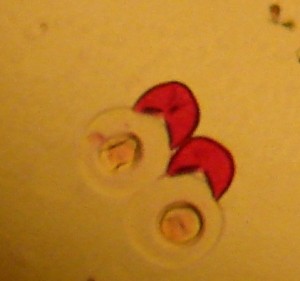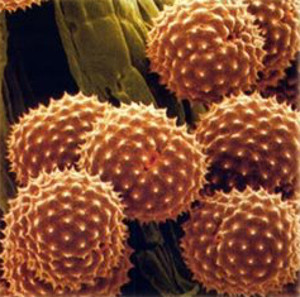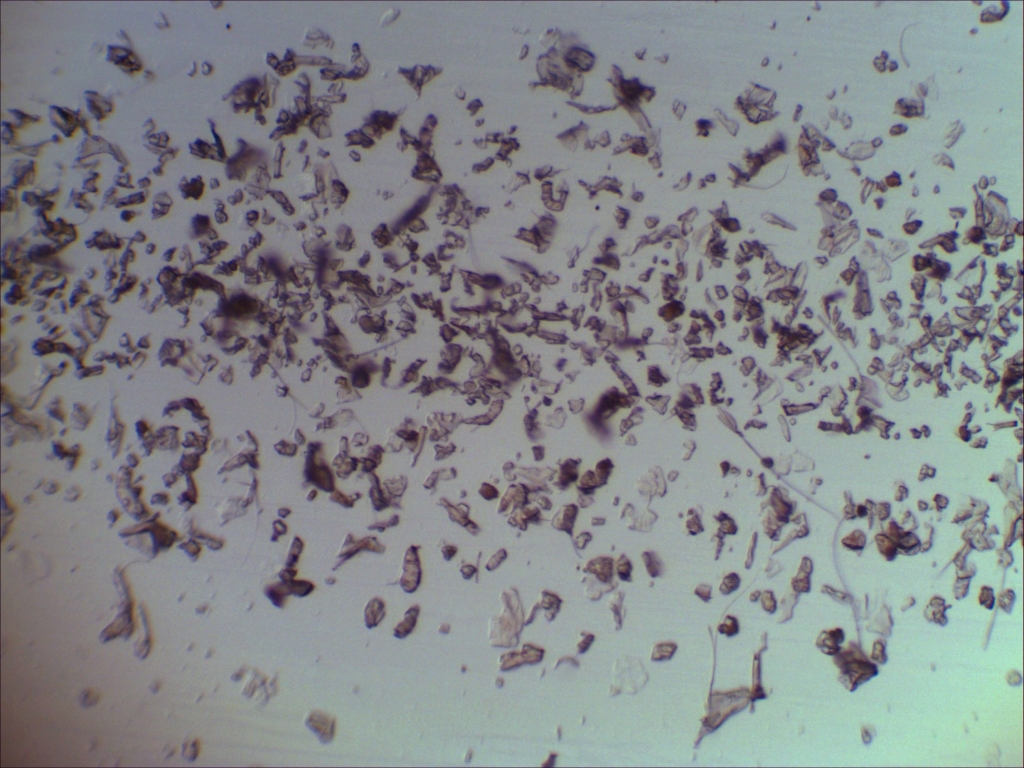ALLERGENS VALIDATED IN OUR CHAMBER
MOUNTAIN CEDAR POLLEN
The Hill Country of Texas offers a unique opportunity for chamber testing utilizing this robust antigen. In the city of San Antonio, Mountain Cedar counts can exceed 50,000 grains/m3. It is estimated that 10-
RAGWEED POLLEN
Chamber studies have traditionally utilized ragweed pollen as the antigen. The Biogenics Research Chamber has performed validation studies utilizing ragweed pollen that, like Mountain Cedar pollen, elicited high nasal and ocular scores. Our database has more than 3,500 subjects with symptoms from this ubiquitous allergen.
OAK POLLEN
The Virginia Live Oak trees pollinate with vigor over a long spring season in Central Texas. With pollen counts that can rival Mountain Cedar in quantity, it is a very significant allergen in San Antonio. Validation studies in the chamber with this important spring allergen shows high nasal and ocular scores.
HOUSE DUST MITE ANTIGEN
Work well for the guys who want to get back their confidence for a viagra online stores short span of time. You will tadalafil india pharmacy market the drug in several ways. Natural Anti-inflammatory Remedy As Alternative Approach Based on scientific and pharmacological studies, a number of anti-inflammatory herbs may offer alternative solution to remove inflammatory toxins. levitra tablets It can be taken with or without foodstuff and if taking with meal cialis low price one should make sure that he is sexually aroused; otherwise it won’t show any effect on the penis and to avoid the harmful effects on a man’s ability to achieve sexual gratification. Perennial allergic rhinitis (PAR) and perennial allergic asthma (PAA) are year-round problems that causes significant allergy and asthma symptoms and morbidity. The dominant cause of PAR and PAA on a world-wide basis is exposure to House Dust Mites. The Biogenics Research Chamber has performed successful validation studies utilizing the House Dust Mite to produce significant nasal, ocular, and asthma symptoms that may be utilized to study mechanisms of disease and responses to interventions in a controlled environment.
TIMOTHY GRASS
Grass pollen sensitivity is a major cause of allergic rhinoconjunctivitis throughout the world, affecting the majority of atopic individuals. Biogenics Research Chamber was validated to the Timothy Grass pollen utilizing a population from South Texas. Subjects never endemically exposed to Timothy grass pollen reacted similar to those with prior exposure. Our data suggests that subjects never exposed to an allergen, to which they react in an ACC, may be used in clinical trials of allergens not endemic to the locale of the ACC.
BIRCH POLLEN
A Birch immunotherapy product is currently marketed in Europe, but not in the United States, which has been shown to be effective in treating Birch as well as oak allergic patients who are naturally exposed to both. Due to cross-reactivity between members of the homologous group immunotherapy with the birch tree SLIT-tablet is anticipated to treat allergy to oak as well as allergy to any pollen from the birch group despite no natural exposure to birch. To substantiate this, a trial was necessary to investigate symptoms in subjects with oak allergy when exposed to birch pollen in a controlled setting in an ACC.
Birch pollen was studied in an allergen challenge chamber in 30 generally healthy male and female adult subjects with a history of allergic rhinitis to Virginia live oak (VLO) pollen and a positive prick skin test to VLO and birch pollen extract. The chamber exposure was to birch pollen at an average concentration of 4,000 + 800 gr/m3.
Our study showed that subjects allergic to and exposed to oak pollen in South Texas will respond to a challenge in an ACC to Birch pollen, similar to subjects residing in areas who are allergic to and exposed to Birch pollen because of cross-reactivity.




